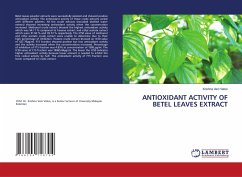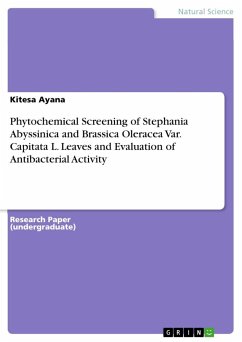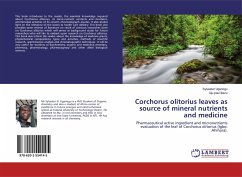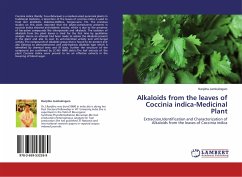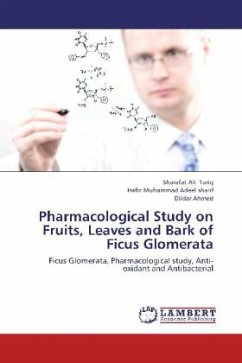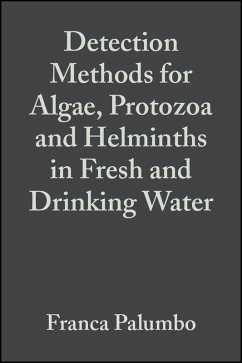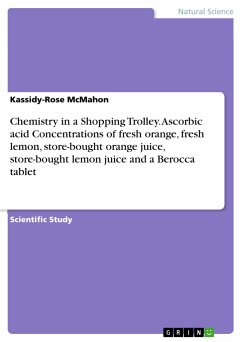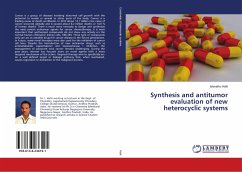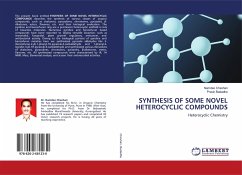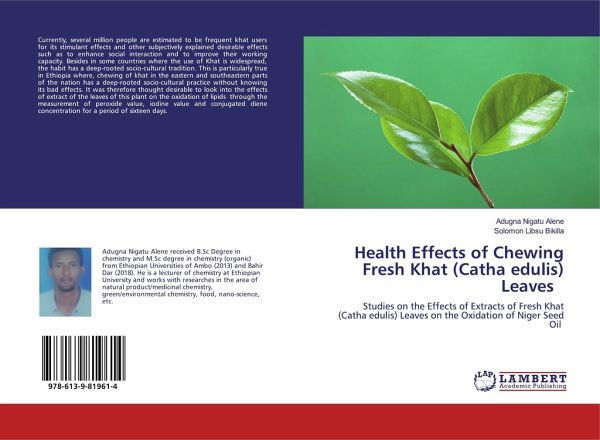
Health Effects of Chewing Fresh Khat (Catha edulis) Leaves
Studies on the Effects of Extracts of Fresh Khat (Catha edulis) Leaves on the Oxidation of Niger Seed Oil
Versandkostenfrei!
Versandfertig in 1-2 Wochen
26,99 €
inkl. MwSt.

PAYBACK Punkte
13 °P sammeln!
Currently, several million people are estimated to be frequent khat users for its stimulant effects and other subjectively explained desirable effects such as to enhance social interaction and to improve their working capacity. Besides in some countries where the use of Khat is widespread, the habit has a deep-rooted socio-cultural tradition. This is particularly true in Ethiopia where, chewing of khat in the eastern and southeastern parts of the nation has a deep-rooted socio-cultural practice without knowing its bad effects. It was therefore thought desirable to look into the effects of extr...
Currently, several million people are estimated to be frequent khat users for its stimulant effects and other subjectively explained desirable effects such as to enhance social interaction and to improve their working capacity. Besides in some countries where the use of Khat is widespread, the habit has a deep-rooted socio-cultural tradition. This is particularly true in Ethiopia where, chewing of khat in the eastern and southeastern parts of the nation has a deep-rooted socio-cultural practice without knowing its bad effects. It was therefore thought desirable to look into the effects of extract of the leaves of this plant on the oxidation of lipids through the measurement of peroxide value, iodine value and conjugated diene concentration for a period of sixteen days.



